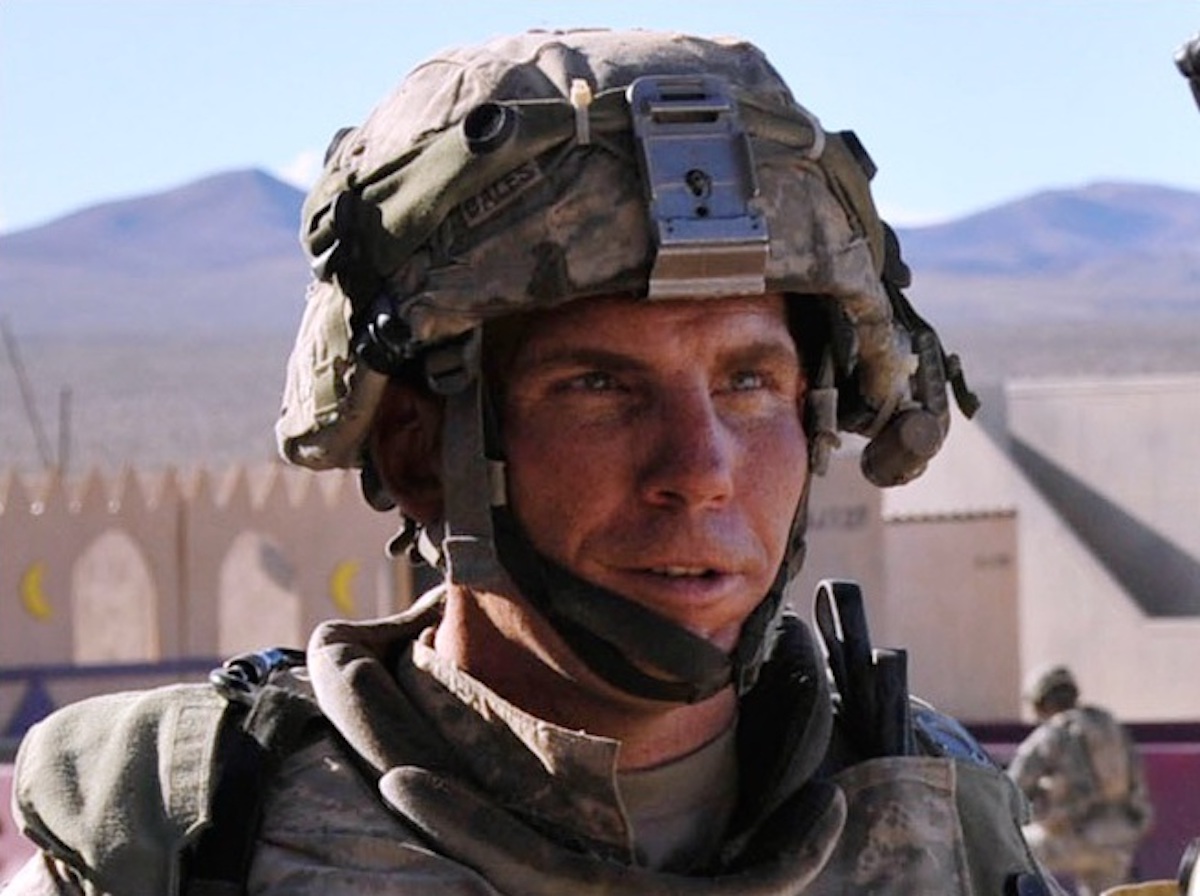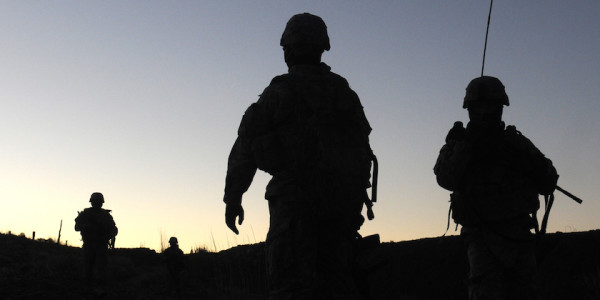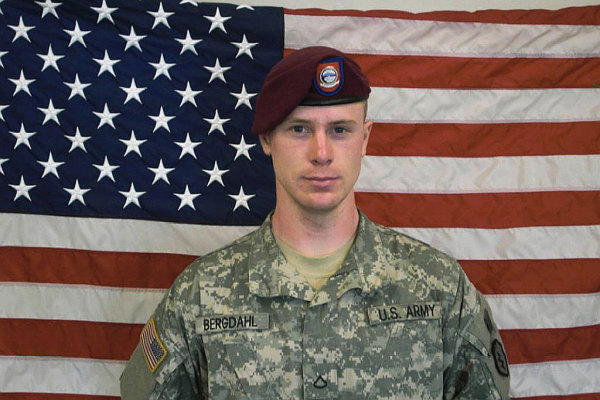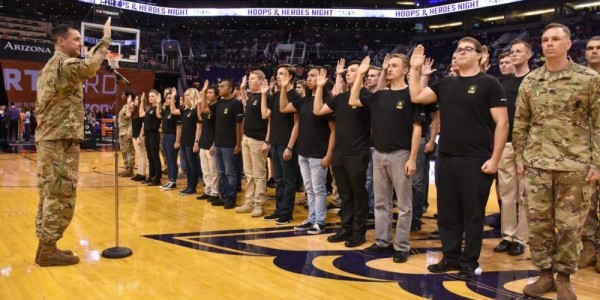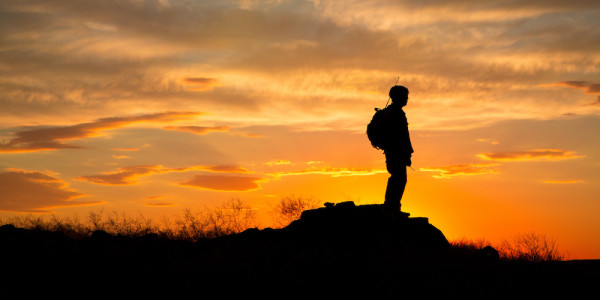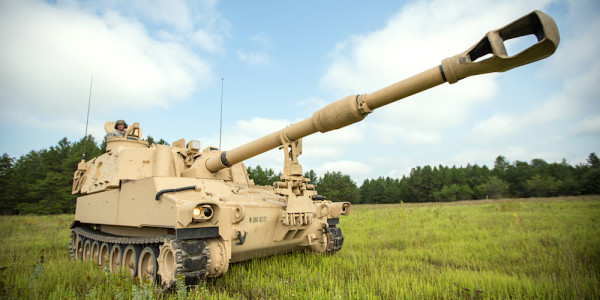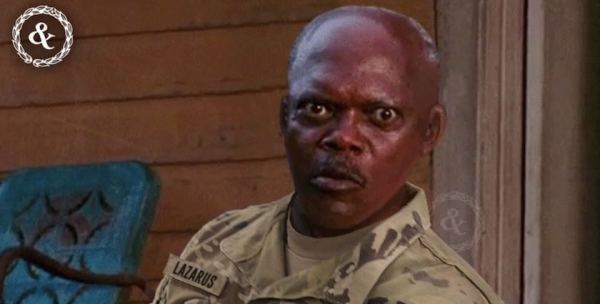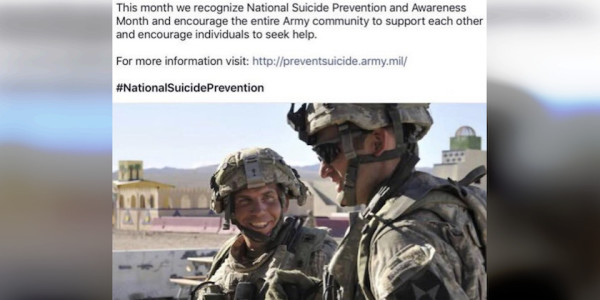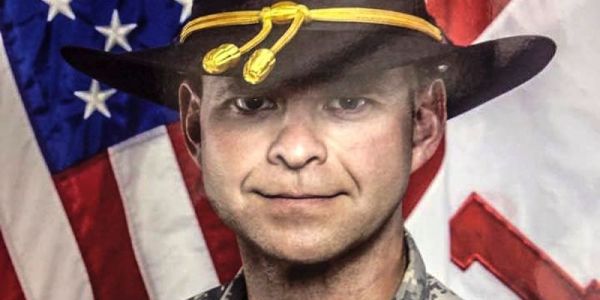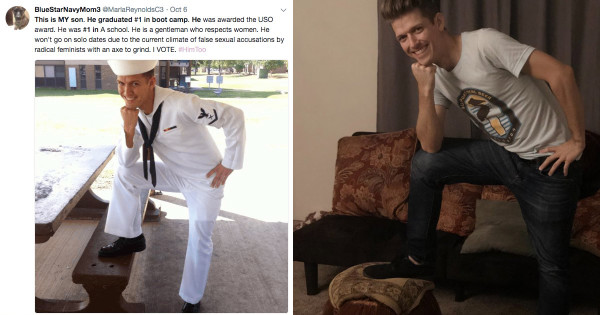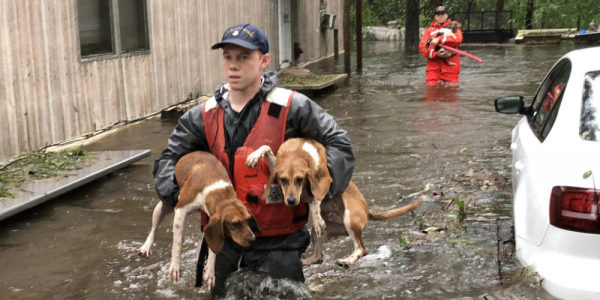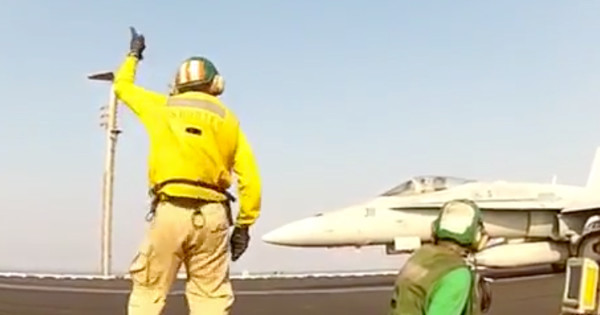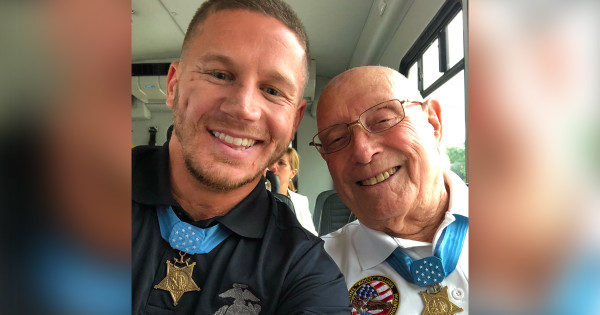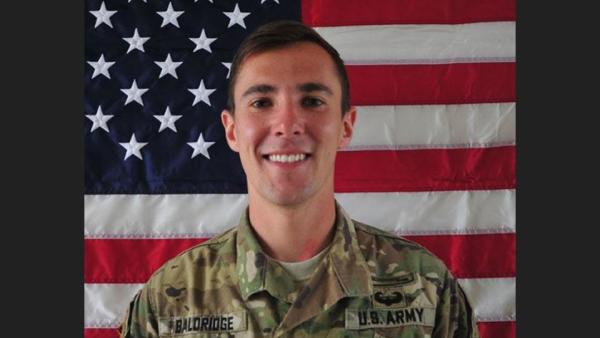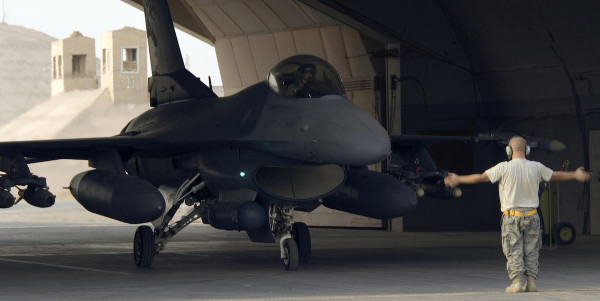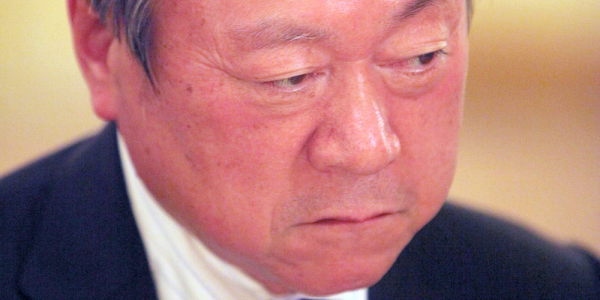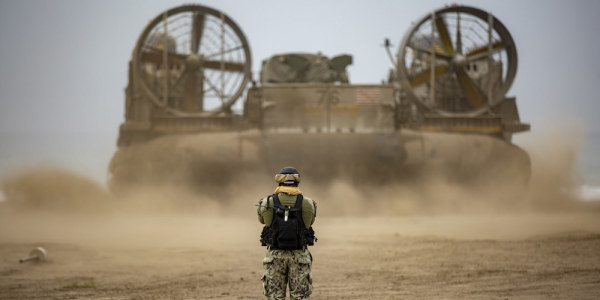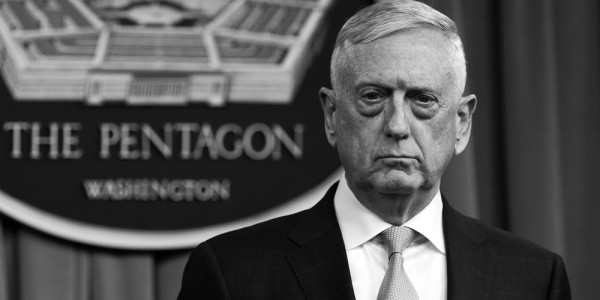Editor’s Note: This is an opinion column. The thoughts expressed are those of the authors and do not necessarily reflect the views of Task & Purpose.
In the waning days of the Trump presidency, there is a concerted lobbying effort to have former soldier Robert Bales pardoned. Inexplicably, credible reports indicate that President Donald Trump is considering pardoning this war criminal, as he has done for many others in the past year. This act, if taken, would erode America’s standing in the world, endanger U.S. troops overseas, and normalize an increasing affinity for violence as a political tool – a sentiment that was prominently displayed at the U.S. Capitol on Jan. 6. It would also be a slap across the face of every service member who risked their life abiding by the Laws of Armed Conflict and put the honor and integrity of their country above their own safety.
Robert Bales was a U.S. Army infantryman who senselessly murdered 16 unarmed men, women, and children in not one, but two bloodthirsty killing sprees during a single night in Afghanistan on March 11, 2012. To add further depravity to his terror, Bales then burned the bodies – an act that is strictly forbidden in Islam. Bales only avoided the death penalty during his court-martial by pleading guilty to all 16 counts of murder, and instead was sentenced to life in a military prison without the possibility of parole.
Robert Bales is a terrorist, and his pardon would be an unconscionable stain on our nation’s honor. A seasoned staff sergeant and veteran of multiple combat tours, Bales knew the laws of armed conflict – though it’s safe to assume that even someone ignorant of those laws would know that his actions violated every norm of acceptable human behavior.
I’m well acquainted with the laws of warfare, and the burden they place on our service members. In the summer of 2008, I was deployed in Afghanistan’s Helmand Valley with the 2nd Battalion, 7th Marine Regiment. As part of the scout-sniper platoon, I operated in a six-man team that was tasked with hunting Taliban and insurgent forces throughout the lush poppy fields in and around the city of Sangin. Our job was dangerous, as our small team which often operated beyond the reach of friendly forces — if discovered, or compromised, as we called it — could be overwhelmed within moments.
One mission had us observing a bridge across a canal that was suspected of being used by the Taliban to transport weapons from one side of the Helmand River to the other. After a complicated insertion in the middle of the night, my team settled into a hastily constructed hide just as the sun rose. But we soon realized that our hide was only a few feet off of a well-worn footpath. Within an hour we were compromised when a young boy stepped off the trail to urinate. Looking down between his feet, his eyes soon fixated on the barrel of my team leader Shawn’s sniper rifle. He slowly followed the barrel until he stared into Shawn’s eyes, which weren’t so much as blinking behind the scope. After a brief pause, the child screamed.
In the moments after that compromise, our team’s commitment to the law of armed conflict was put to the test. We scrambled to gather our gear and soon began a frantic extract back to a British patrol base. At numerous points along the way, we were being chased by unarmed military-aged Afghan males on motorcycles. We suspected they were Taliban scouts, and they may have been armed, but we couldn’t confirm that.
During that one kilometer run we had numerous options that could have increased our chances of survival. We could have shot those men. (Not technically, because that would have been a violation of our rules of engagement.) But it’s likely nobody would have known the difference, and, after all, we were 95% certain they were the enemy. We also could have called ahead to the Brits and had them drop mortar rounds behind us, all but assuring that we couldn’t be chased down from behind. But those same mortar rounds would have indiscriminately killed any Afghans who may have been working the fields we were running through. Or we could have just grabbed that kid, tied him up, and held him captive for the duration of our mission. But U.S. troops are not supposed to kidnap innocent little boys, so we didn’t do that either.
Instead, we risked our lives to do the right thing, because that’s what our nation expects of us. Hundreds of thousands of men and women have in the past two decades chosen the harder right over the safer wrong. Some paid the ultimate price and were shipped home in flag-draped coffins. But occupying those coffins alongside their physical bodies was their honor and integrity, whereas Robert Bales – who wasn’t even facing mortal danger when he went on his rampage – came home alive an empty, disgraced shell.
American exceptionalism is a long-held belief that we are unique among nation-states. That as the world’s “shining city on the hill,” the moral light that emanates from our shores illuminates the dark shadows cast by organizations like al Qaeda, the Taliban and ISIS. Thus, American Exceptionalism begs the question – what do we do with the darkness among us?
Our nation got it right when we held Robert Bales accountable and convicted him of 16 counts of murder and sentenced him to life in prison. After all, America isn’t perfect. But it should be our pursuit of a better tomorrow, of holding ourselves accountable for our failures, that defines our exceptionalism.
That young Afghan boy compromised our team and jeopardized our lives. But it was a mission and a risk we knowingly signed up for. A presidential pardon of Robert Bales would soil our nation’s values and tarnish the honor and integrity of our nation’s warfighters. And that’s not a risk any of us signed up for.
Jake Wood is a social entrepreneur and author of the bestselling book Once A Warrior. He served in the Marine Corps as a scout sniper from 2005 to 2009, with tours in Iraq and Afghanistan. He can be found at www.jake-wood.com.
